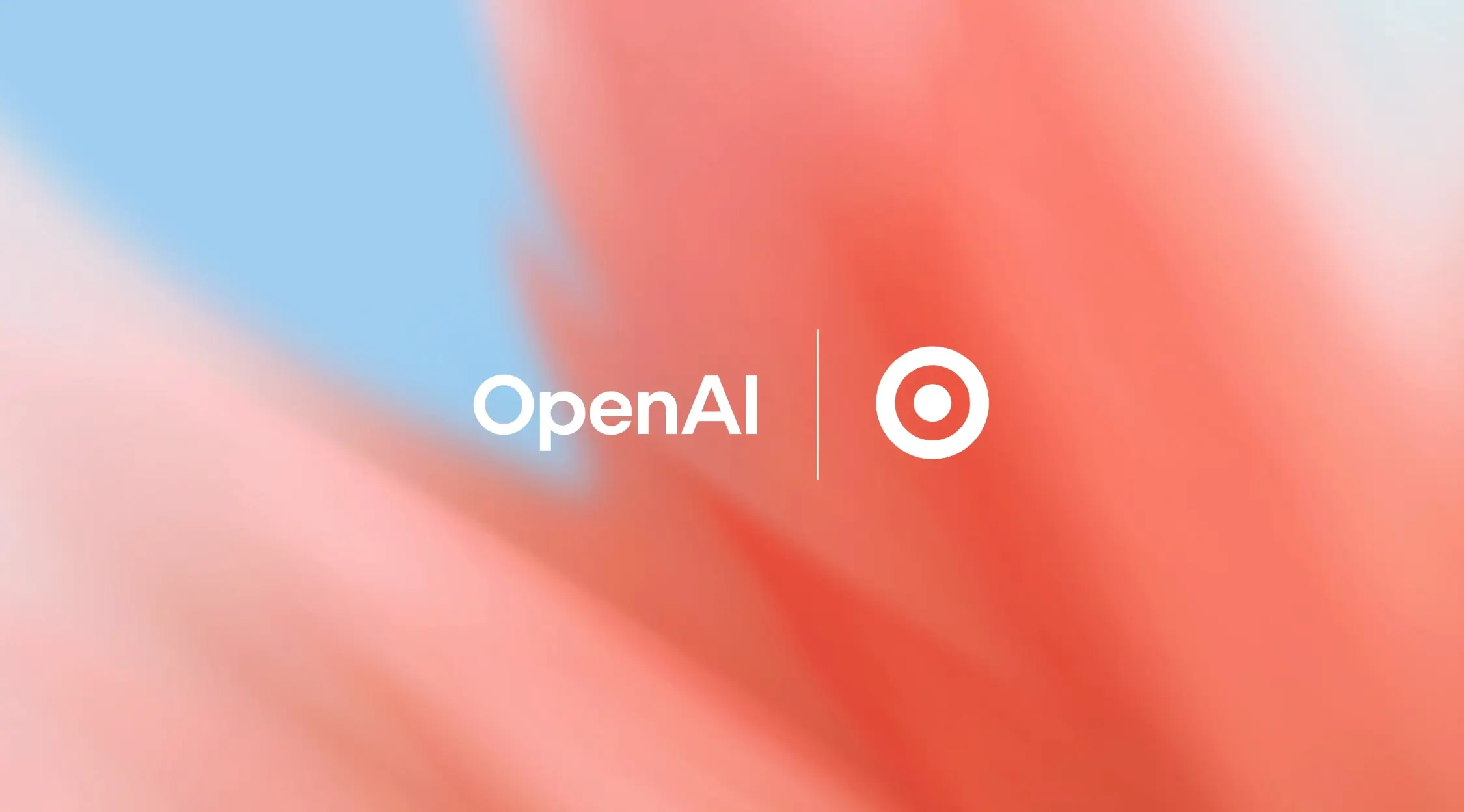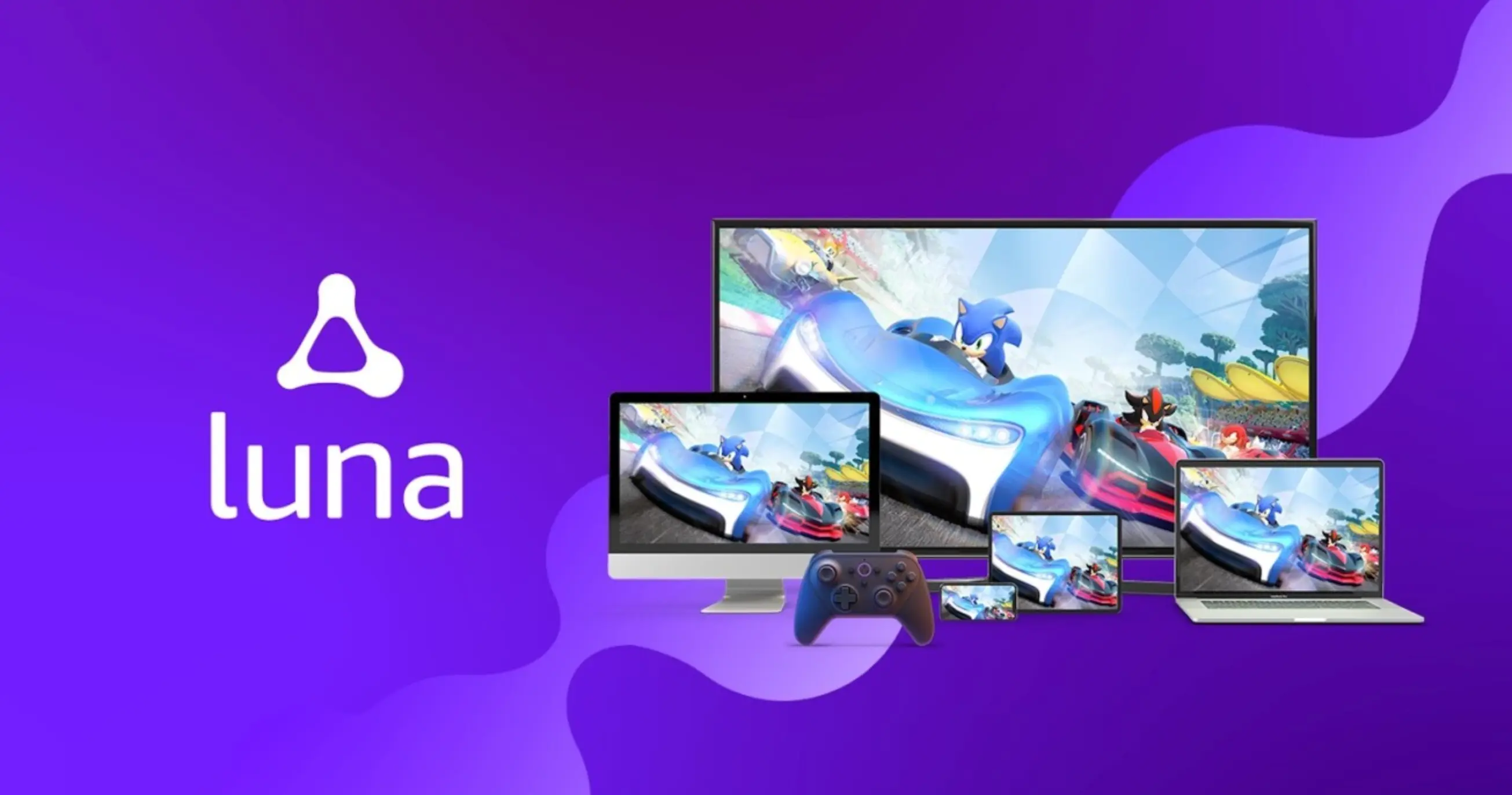OpenAI Set to Launch AI-Powered Browser Aiming at Google Chrome’s Dominance
Updated on
Published on

OpenAI’s upcoming browser promises to fold ChatGPT-style conversation directly into everyday surfing, keeping many queries inside a native chat pane instead of sending users off to traditional websites. Built on Google’s open-source Chromium code, the tool should feel familiar while granting OpenAI deeper access to browsing data—gold for training smarter AI agents that can book trips, auto-fill forms, and fetch answers without a single search result click.
The timing threatens Google’s most profitable flank. Chrome funnels user behavior straight into Alphabet’s ad machine, a pillar now under U.S. antitrust fire. If even a slice of ChatGPT’s 400 million weekly users adopt OpenAI’s alternative, the ripple could divert ad dollars and erode Google’s default-search advantage, much like Apple’s Safari once did on mobile.
OpenAI isn’t alone in rethinking the browser: startups such as Brave, Perplexity, and the Browser Company have rolled out AI-centric surfboards this year. Yet OpenAI’s reach—and recent $6.5 billion hardware foray with Jony Ive—gives it scale few challengers possess. For consumers, the pitch is clear: a browser that not only shows the web but also works it for you.







